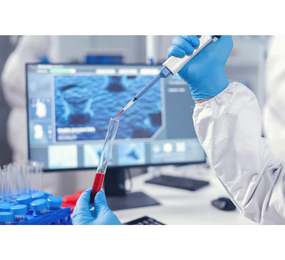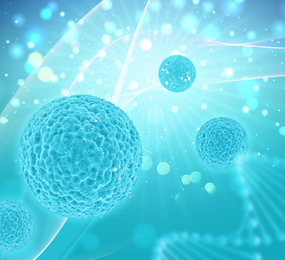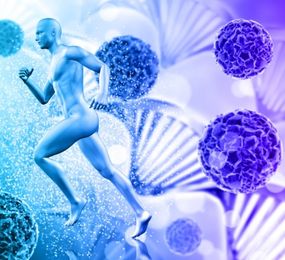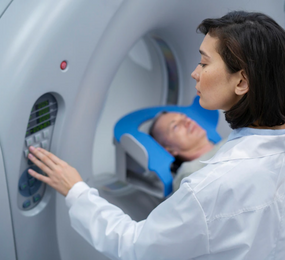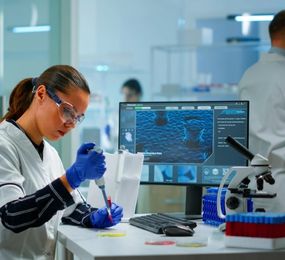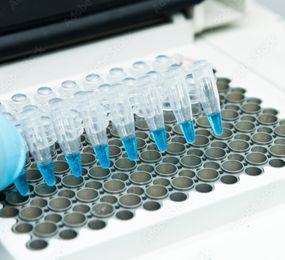Biomanufacturing plays a vital role in producing a wide range of products, from life-saving medications to biofuels. However, traditional bioprocesses can be resource-intensive, requiring large volumes of water, energy, and space. This is where bioprocess intensification steps in.
Bioprocess intensification refers to a range of strategies aimed at significantly increasing the output of a biomanufacturing process relative to factors like cell concentration, processing time, reactor volume, or cost. In simpler terms, it's about doing more with less.
Benefits of Bioprocess Intensification:
-
Enhanced Productivity: Intensified processes can dramatically increase product yield per unit of time or reactor volume, leading to faster production cycles and reduced manufacturing costs.
-
Reduced Environmental Impact: By minimizing water and energy consumption, intensified processes contribute to a more sustainable biomanufacturing footprint.
-
Improved Process Control: Intensified techniques often involve continuous processing or advanced monitoring systems, leading to tighter control over process parameters and product quality.
Key Technologies in Bioprocess Intensification:
-
Upstream Processing: Techniques like high-density cell culture, where more cells are concentrated in a smaller volume, and perfusion culture, where nutrients are continuously fed to cells, can significantly boost cell growth and product yields.
-
Downstream Processing: This stage focuses on purifying the target product from the fermentation broth. Intensification here utilizes techniques like continuous chromatography, where the separation process is continuous rather than batch-based, and simulated moving bed chromatography, which enhances separation efficiency. Additionally, advanced filtration methods can streamline purification while maintaining product quality.
-
Microfluidics: This technology utilizes miniaturized channels for manipulating fluids and cells. It allows for efficient and precise control over bioprocesses at a smaller scale, requiring less space and resources.
The Road to Sustainable Biomanufacturing
Bioprocess intensification is a cornerstone of sustainable biomanufacturing. By implementing these strategies, biomanufacturers can:
-
Reduce their environmental footprint.
-
Improve resource utilization.
-
Lower production costs.
-
Ultimately, contributes to a more sustainable future for the industry.
Continuous Innovation:
Bioprocess intensification is a continuously evolving field. Researchers are exploring novel techniques like biocatalysis, where enzymes are used to accelerate specific reactions, and metabolic engineering, where cellular processes are modified to optimize product generation. These advancements hold immense promise for further boosting efficiency and sustainability in biomanufacturing.
By embracing bioprocess intensification, biomanufacturers can create a future where bioproduction is not only innovative but also responsible and environmentally conscious.
To register or learn more about the Forum please check here: https://bit.ly/3WRMLFS.
For more information and group participation, contact us: [email protected].




